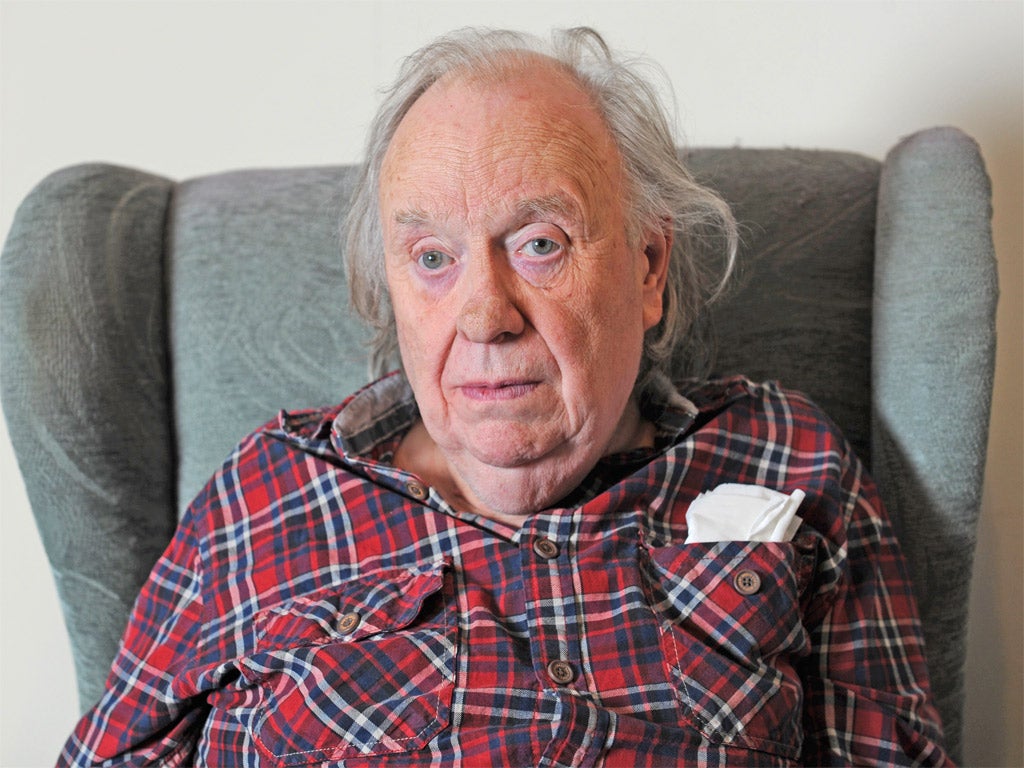Fragmented care system is failing elderly, MPs warn
Select Committee urges integration of health, care and housing budgets to protect the vulnerable

Your support helps us to tell the story
From reproductive rights to climate change to Big Tech, The Independent is on the ground when the story is developing. Whether it's investigating the financials of Elon Musk's pro-Trump PAC or producing our latest documentary, 'The A Word', which shines a light on the American women fighting for reproductive rights, we know how important it is to parse out the facts from the messaging.
At such a critical moment in US history, we need reporters on the ground. Your donation allows us to keep sending journalists to speak to both sides of the story.
The Independent is trusted by Americans across the entire political spectrum. And unlike many other quality news outlets, we choose not to lock Americans out of our reporting and analysis with paywalls. We believe quality journalism should be available to everyone, paid for by those who can afford it.
Your support makes all the difference.Elderly patients are suffering a "diminished quality of life" because the enormous pressures on the social-care system mean they are not receiving the help they need, a committee of MPs warns today.
The Government's controversial Health and Social Care Bill will do nothing to integrate the current fragmented and failing system, the report by the Health Select Committee found.
The transfer of £2bn from health to social care had been "welcome" but was "not sufficient to maintain adequate levels of service quality and efficiency", it concluded.
Cuts to support for the elderly are putting the NHS under unnecessary strain as "too much is spent treating preventable injuries like falls, which can have a catastrophic impact on the lives of older people", it warned.
The report called for a radical overhaul of the system to allow social care, health, housing and welfare budgets to be pooled to stop vulnerable people being from one department to another.
Stephen Dorrell, chairman of the Health Select Committee, said: "It is impossible to deliver either high quality or efficient services when the patient is passed like a parcel from one part of the system to another, without any serious attempt to look at their needs in the round.
"The funding for NHS care, social care and social housing comes from different sources. Our central recommendation is that the key to joined-up services is joined-up commissioning.
"We recommend the Government place a duty on the new clinical commissioning groups and local councils to create a single commissioning process for older people's health, care and housing services in their area."
The committee suggests the current failure to link up provision across the services has led to more hospital admissions, longer hospital stays and poorer outcomes for patients.
MPs warned that "funding pressures" are causing reductions in service levels "which are leading to diminished quality of life for elderly people and increased demand for NHS services".
The committee concluded it came "as a great shock to many people that whilst the care and treatment provided by the NHS is free, care services are means-tested and many people will have to pay for them."
It called on the Government to accept the "principle" of a cap in costs following the recommendation last year by the Dilnot Commission for the state to step in when bills rise above £35,000 for any individual.
Richard Humphries, senior fellow at the King's Fund health think-tank, said: "Successive governments have talked about the need to integrate health and social care but have failed to make it happen. The time for warm words and good intentions has passed."
Michelle Mitchell director general of Age UK said: "The Government should act urgently and implement the Dilnot funding reforms, update social care law, and bring health and social care much closer together.
The Care Services minister Paul Burstow said the Government would respond to the report and the Dilnot Commission this spring with a White Paper on reforming adult social care.
He said: "Integrated care should be the norm."
Case study: Without more funds, people will suffer
David Gower, 76, lives in sheltered accommodation. He has a neurological problem which has left him with severe mobility problems and restricted movement in his hands and relies on carers four times a day
"My condition means I am very restricted in my movement. My local authority has already cut down my home care service as much as it can. It's a real rush for the carers because my mobility is so restricted.
I've seen a big increase to the charges I pay for the care. If this goes on, within 12 months I won't have anything left. The system needs to be better funded or a lot of people are going to suffer."
Join our commenting forum
Join thought-provoking conversations, follow other Independent readers and see their replies
Comments